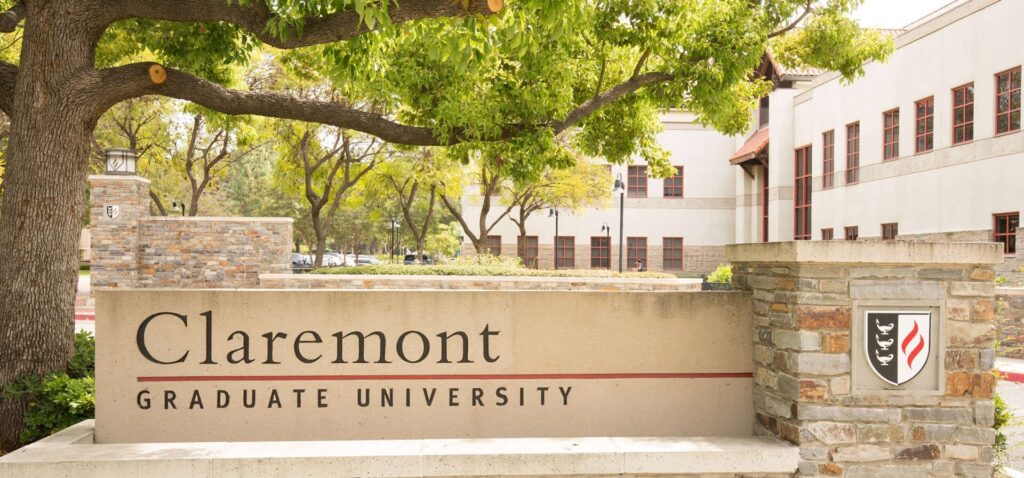Mudd pushes to make computer education a priority
Mudd pushes to make computer education a priority
Harvey Mudd College recently joined code.org, a national nonprofit organization, and over 500 of the nation’s top industry, nonprofit and education leaders to issue a letter, viewable at ceosforcs.com, calling on state governments and education leaders to “update the K-12 curriculum in each state, for every student in every school to have the opportunity to learn computer science.”
The coalition behind the effort is “unprecedented in U.S. education,” according to Mudd, and unites leaders and founders of large tech companies with chief executive officers of companies across sectors as well as national education organizations according to the university.
“The middle and high school years are a crucial time to engage students in computer science and its creative possibilities, particularly for girls and students from other underrepresented groups in the field,” said Harvey Mudd President Maria Klawe, a signatory on the letter. “These years are a time when students are forming their identities, and it’s important for them to learn skills, gain confidence and see that they can succeed in tech careers — careers that are vital to our nation’s economy and also offer creativity, flexibility, good pay and a chance to impact the world.”
Over the last decade, all 50 states have taken action to expand access to computer science, including allowing computer science to count toward core graduation requirements, funding professional learning to train more teachers and creating clear certification pathways for computer science teachers. The United States currently has 700,000 open computing jobs; however, only 5% of high school students study computer science per year.
“As states rethink education in light of COVID-19, it is time to make computer science a basic part of the ‘new normal,’” the letter read. “During pandemic closures, America funded laptops for 90% of students to learn from home. As schools reopen, let’s use those laptops to teach computer science. Remote work expands opportunity. Graduates no longer need to leave their state to pursue careers in tech. Even the smallest town can become a tech hub; the key is education. Nearly two-thirds of high-skilled immigration is for computer scientists, and every state is an importer of this strategic talent. Finally, global cyber-attacks have put a new spotlight on cybersecurity, making computer science a national security imperative for government and business alike.”










0 Comments